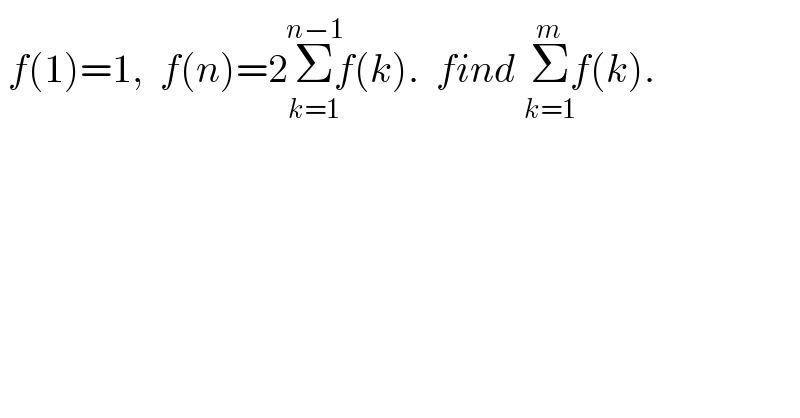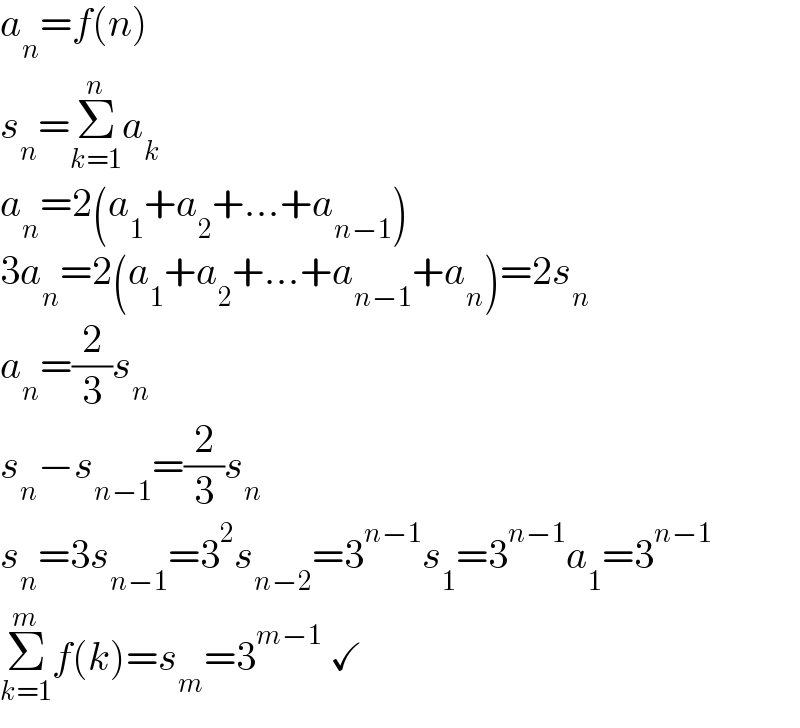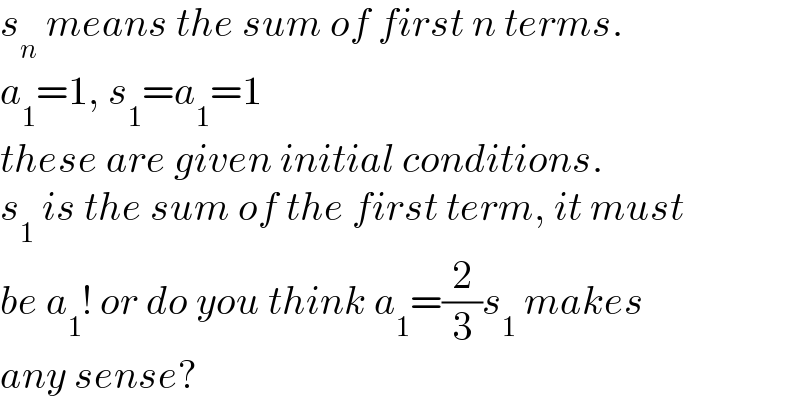
Question and Answers Forum
Question Number 183064 by Matica last updated on 19/Dec/22

Answered by mr W last updated on 19/Dec/22

Commented by Matica last updated on 19/Dec/22

Commented by Matica last updated on 19/Dec/22

Commented by mr W last updated on 19/Dec/22

Commented by Matica last updated on 19/Dec/22

